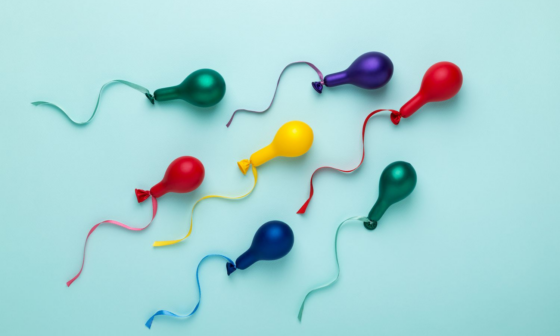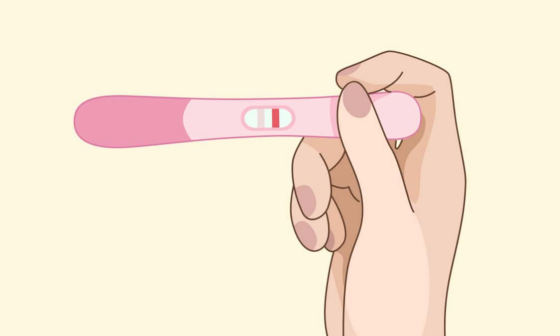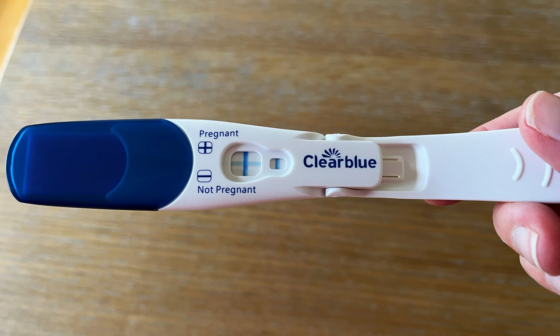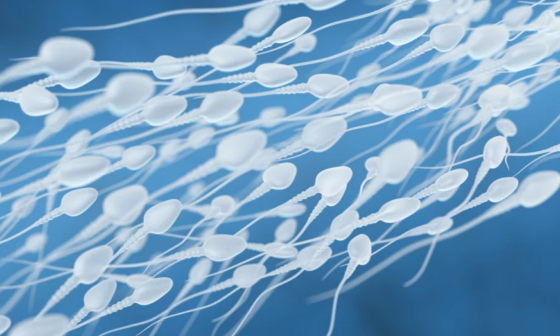Pregnancy is a complex process that relies on several biological factors working in harmony. One common concern and source of curiosity for many is whether dry sperm can lead to pregnancy. This question often stems from misunderstandings about Can Dry Sperm Get You Pregnant, sperm viability and how conception occurs. Let’s explore the science behind it to separate fact from fiction.
Understanding Sperm Viability
Sperm are highly specialized cells designed to fertilize an egg. However, their ability to do so depends on their environment. Once sperm leave the body, they are exposed to conditions that significantly impact their viability.
Factors Affecting Sperm Survival Outside the Body:
- Temperature: Sperm thrive at body temperature. A sudden drop or rise in temperature can make them inactive.
- Moisture: Sperm need a moist environment to survive. Once exposed to air and dried, they lose mobility and functionality.
- Surfaces: Sperm on porous materials like fabric or tissue lose their viability faster than on non-porous surfaces like metal or glass.
Under optimal conditions inside the human body, sperm can survive up to five days. However, outside the body, especially when dry, their lifespan is drastically reduced to a matter of minutes.
Can Dry Sperm Cause Pregnancy?
For pregnancy to occur, live, motile sperm must travel through the female reproductive tract to fertilize an egg. Dry sperm is no longer viable, as the drying process damages the cell structure and renders the sperm immobile.
Here’s why:
- Loss of Mobility: Dry sperm cannot move toward the egg.
- Structural Damage: Exposure to air and dryness breaks down the protective layers surrounding the sperm.
- Biological Impossibility: Without the required conditions, sperm cannot perform their role in fertilization.
In summary, once sperm dries, it is no longer capable of causing pregnancy.
Common Misconceptions About Sperm and Pregnancy
Many myths surround sperm and their ability to cause pregnancy. Let’s debunk some of the most common ones:
- Myth: Sperm on clothing can lead to pregnancy.
- Fact: Sperm on clothing, especially once dried, cannot cause pregnancy. It lacks the necessary moisture and temperature.
- Myth: Indirect contact, such as touching sperm and then the genitals, can result in pregnancy.
- Fact: While this scenario is highly unlikely, it is technically possible only if the sperm is fresh and transferred immediately.
- Myth: Sperm can survive for days outside the body.
- Fact: Sperm can survive outside the body for only a few minutes unless in a controlled, moist environment.
Practical Scenarios
Let’s examine some real-world scenarios where this question may arise:
- Sperm on Bedsheets or Clothing: If sperm is deposited on fabric and dries, it cannot cause pregnancy. The drying process kills sperm cells.
- Touching Dry Sperm: Touching dried sperm and then coming into contact with genitals poses no risk since the sperm is no longer viable.
- Shared Surfaces: Sperm left on non-porous surfaces like toilet seats cannot cause pregnancy, especially after drying.
These examples highlight that the risk of pregnancy from dry sperm is negligible to non-existent.
When to Consult a Healthcare Provider
While the risk of pregnancy from dry sperm is effectively zero, it’s natural to have concerns about specific situations. If you’re worried about the potential for pregnancy or have questions about sexual health, consulting a healthcare provider is the best course of action.
FAQs
1. How long does sperm live after it dries?
Sperm become inactive within minutes of drying. Without moisture, they cannot survive or function.
2. Can sperm survive on surfaces?
Sperm may survive for a short time on non-porous surfaces if the conditions are moist, but their viability drops quickly when exposed to air.
3. Can indirect contact with sperm cause pregnancy?
Indirect contact poses an extremely low risk and only if fresh, motile sperm are involved. Dry sperm cannot cause pregnancy.
Conclusion
Understanding how sperm function and the conditions they require for survival can dispel many common myths. Dry sperm cannot lead to pregnancy because it loses its viability once exposed to air and dryness. While it’s good to be cautious about sexual health, knowing the facts can provide peace of mind.
If you have additional questions or unique concerns, seek advice from a qualified medical professional to address your specific needs.
This article is a reminder to rely on accurate, science-based information when addressing reproductive health questions.






